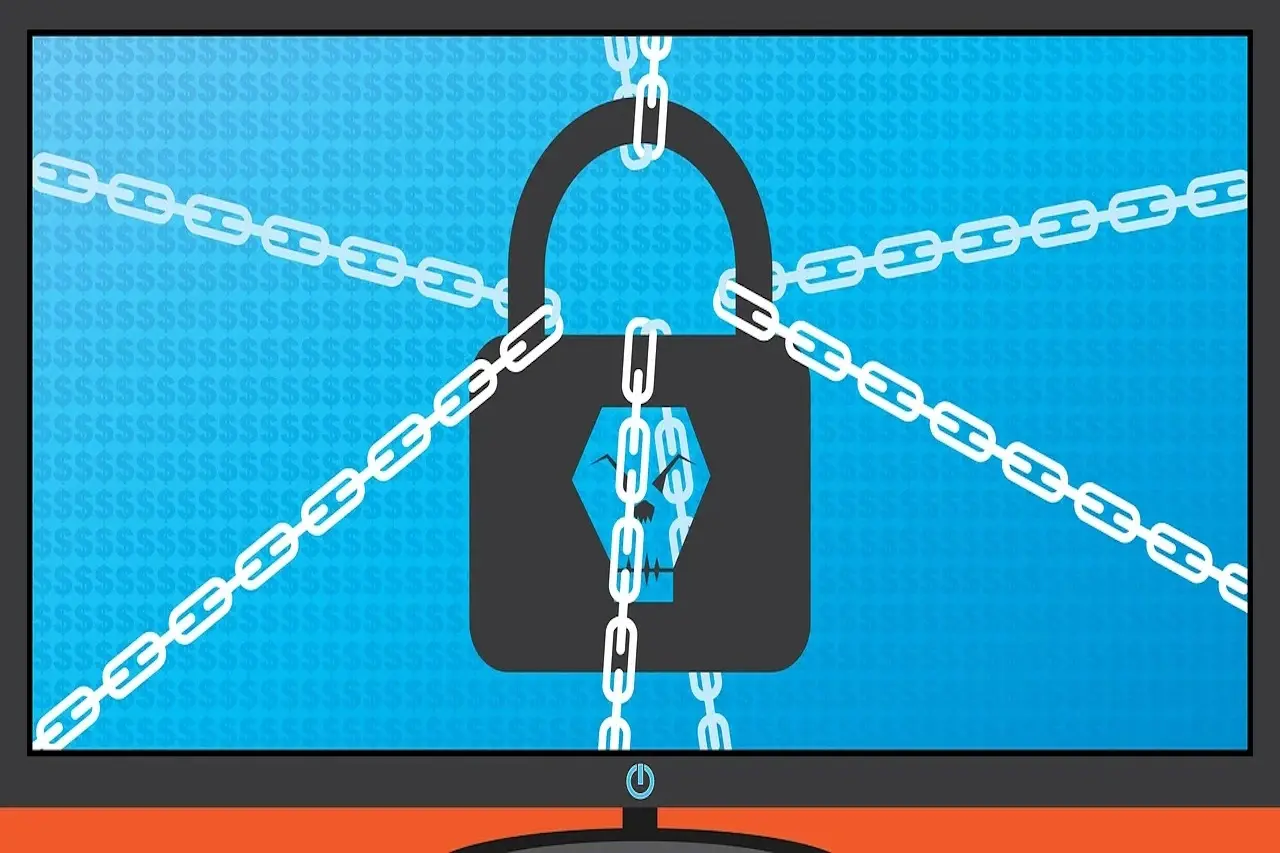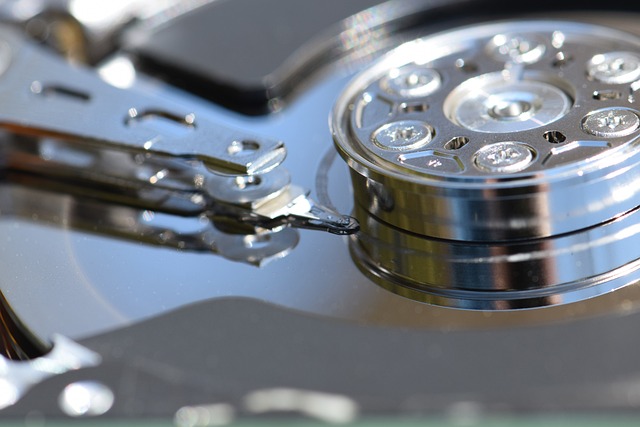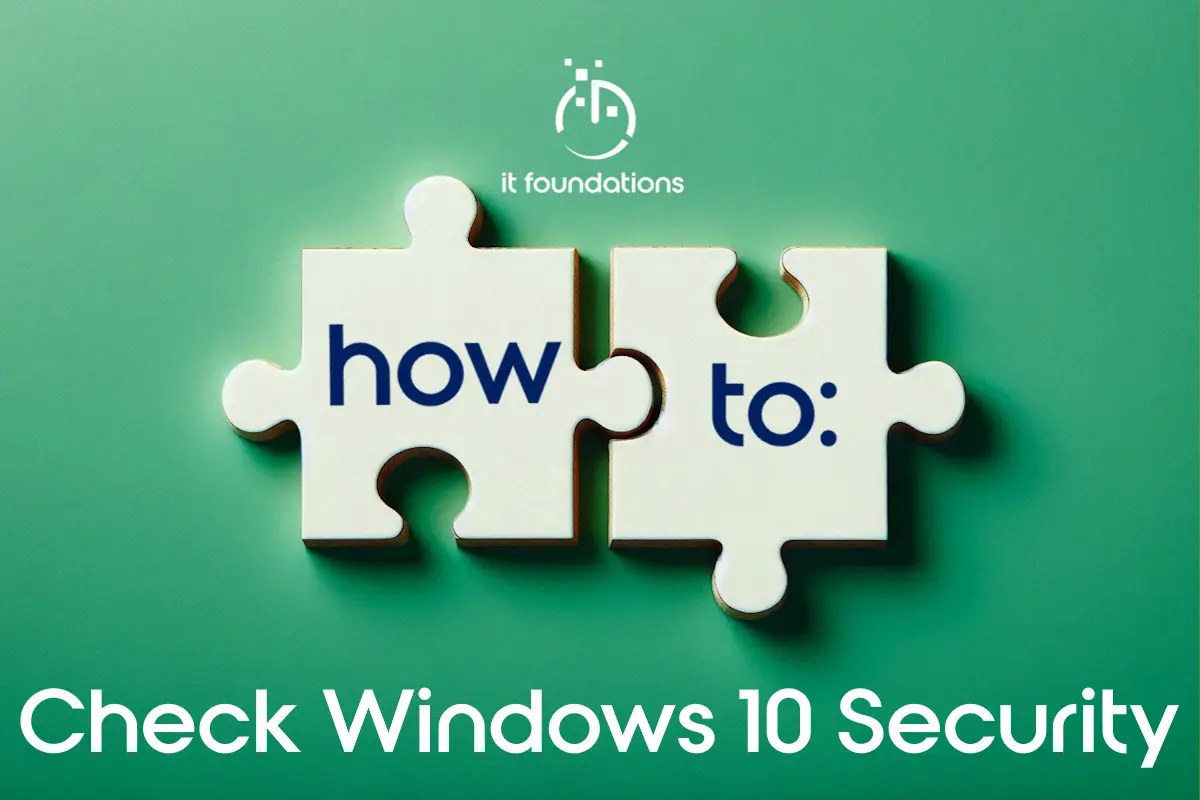A guide to protecting your computers
Protecting your computers can be a daunting task, not to mention all the other devices that your business may use including tablets, mobile phones,...
Our client portal provides all the tools you need to create, view or update your support requests.
For urgent IT support during business hours, or if you suspect anything suspicious call 01314528444 for the fastest response.
If one of our team has asked you to start a remote control session on your computer, use the remote control menu option above.
3 min read
itfoundations
Originally posted on July 03, 2023
Last updated on June 18, 2024
Approximately 34% of businesses take a week or longer to regain access to their data and systems once hit with a malware infection. Thankfully there are steps that you can take to reduce the chances of any malware infection spreading.
Malware is an umbrella term that encompasses many different types of malicious code. It can include:
The longer that malware sits on your system unchecked, the more damage it can do. Most forms of malware are built to spread to as many systems as possible. So, if not caught and removed right away, one computer could end up infecting 10 more on the same network in no time.
Early detection is key so you can disconnect an infected device from your network and have it properly sanitised by a professional.
Our top tips for identifying and stopping a malware infection in its tracks are to keep an eye out for:
Some forms of malware can take on the disguise of being an antivirus app or warranty notice that pops up on your screen. Hackers try to mimic things that users may have seen from a legitimate program, so they’ll be more likely to click without thinking.
If you begin to see a strange “renew your antivirus” subscription alert or a warranty renewal that doesn’t quite make sense, these could be signs that your PC has been infected with adware or another type of malware.
Computers can become sluggish for several reasons, including having too many browser tabs open at once or running a memory-intensive program. But you’ll typically know your computer and the types of things that slow it down.
If you notice new sluggish behaviour that is out of the ordinary, this could be an infection. For example, if you only have one program open and even it is running very slowly then it’s likely that there is a problem.
When malware is running in the background, it can often eat up system resources and cause your system to get sluggish.
Applications should not just crash out of the blue. There is always a reason. Either the software is faulty, there’s been an issue with an update, or something else may be messing with that application’s files.
If you suddenly experience apps crashing, requiring you to restart the app or reboot your system, this is another telltale sign that a virus, trojan, or other malicious code has been introduced.
If you open your browser and land on a homepage that is not the one you normally see, have your PC scanned for malware right away. Redirecting a home page is a common ploy of certain types of malware.
The malware will infect your system and change the system setting for your default browser home page. This may lead you to a site filled with popup ads or to another type of phishing site.
Just trying to change your homepage back in your settings won’t fix the situation. It’s important to have the malware removed.
Another annoying trait of certain types of malicious code is to make your system reboot without warning.
This can cause you to lose the work you’ve just done and can make it difficult to get anything done. This may happen when malware is changing core system files behind the scenes. With files corrupted, your system becomes unstable and can often reboot unexpectedly.
If you find that a good deal of your hard drive space that used to be open is now gone, it could be a malware infection taking up your space. Some types of malware may make copies of files or introduce new files into your system.
They will cleverly hide, so don’t expect to see the word “malware” on a file search. Instead, the dangerous activities will usually be masked by a generic-sounding name that you mistake for a normal system file.
If you open a file and find it corrupted, this could be a red flag that ransomware or another form of malware has infected your system.
While files can occasionally become corrupt for other reasons, this is a serious issue that deserves a thorough malware scan if you see it.
Most of us are familiar with those “thinking sounds” when our computer is processing something memory intensive. You’ll usually hear a type of whirring that will go away once you finish that activity.
If you begin hearing this processing sound when you’re not doing anything particularly intense on your computer, this could be a sign that malware is running in the background and it should be checked out.
Free online malware and virus scans aren’t very reliable. Instead, talk to us and we can ensure your entire system is cleaned properly.
Article used with permission from The Technology Press.

Protecting your computers can be a daunting task, not to mention all the other devices that your business may use including tablets, mobile phones,...

1 min read
If your computer is reporting low disk space there are some easy steps that you can take to make some space. (over and above the obvious ‘delete...

Maximise Windows 11 Security to protect your computer and your data with these simple steps to make sure it is enabled and up to date. Windows 11...